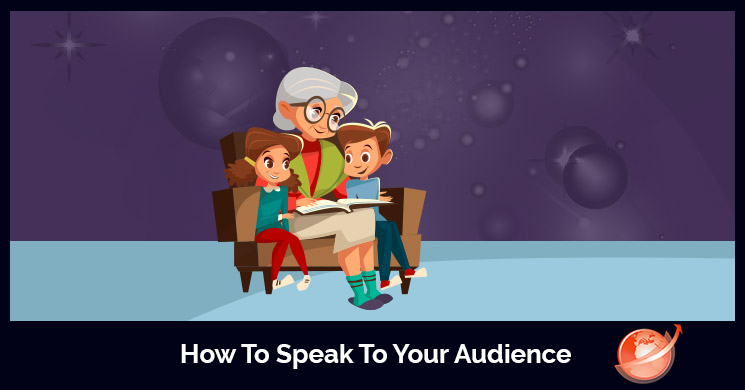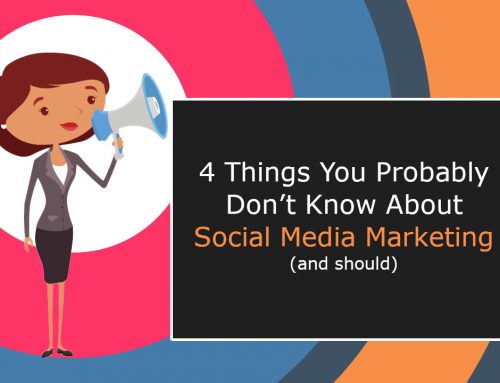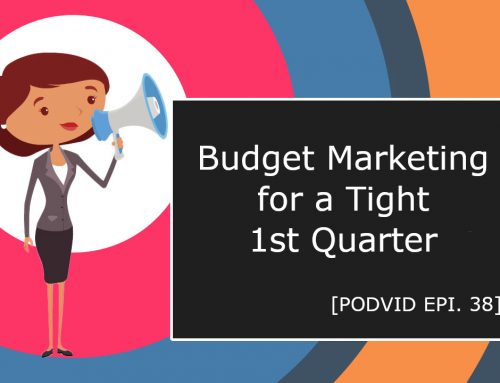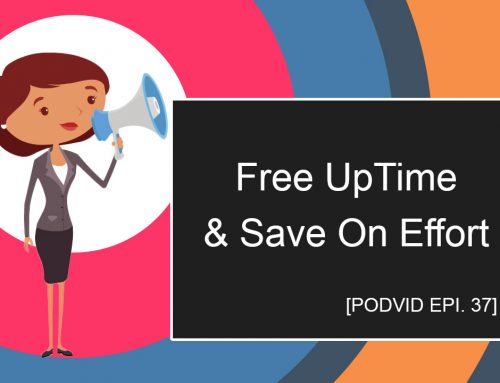It doesn’t even matter if you have ever picked up a book. Every person enjoys a story.
Narrative Storytelling IS the secret
Why Now?
This is less of a secret than people seem to think it is, bards have been around for a very long time before storytelling died down more or less, but it’s an art worth picking up and using within business, and even one’s personal life. Being able to create real moments of communication means the world to people, because nobody today has the time or inclination to just listen, and respond appropriately.
Word-Weaving
Everyone is in a big hurry to get somewhere, to do something, to rush rush rush their lives away instead of stopping or even slowing for a moment to appreciate everything, to notice more and to realize that life’s narrative can be pretty captivating all on its own, and that no matter how boring a day you may have had, storytelling grants a person the ability to frame the facts of a day which may seem dreary into one much brighter, and one worth listening to. No part of it is false, but it’s framed with such pretty words around it that it holds attention.
Why This Matters So Much
To give credit where it’s due – there’s a magnificent post about this by Hal Conick (read here) and we urge you to read it in its entirety because it’s written by someone who understands that words are the paint, and media their tapestry.
Psychology of the Narrative
If you’re a marketer or business owner it is even more important because you have your name, your brand, your image and rely on the public’s trust to thrive. People really like storytellers, they like people who are able to find a way to frame a fact within a story which also gives them a glimpse of who that person is. That sharing of oneself with another creates a bond or the illusion of a bond with another person, and is one of the easiest ways to get someone to do something for you later – it’s called reciprocity and reciprocal liking.
Reciprocity
The principle of reciprocity means that when someone gives us something we feel compelled to give something back in return, and it often translates to buying or loyalty. (Honoring the rule reciprocation)
Reciprocal Liking
It also works in reciprocal liking, because people generally wish to be perceived favorably, and by sharing something personal, even small, it appears you’re letting them know you like them. It makes them want to like you back.
Reciprocal liking
People like you more when you like them
Above all, to be a great storyteller is less about the art of speaking, than about listening.
Personal Case Study
I was asked how I deal with difficult people in an interview – I could answer you and say, “I think I can do fine around a difficult person” – instead…
“I treat everyone exactly the same actually. I think it’s more important remembering that we’re all human and maybe they’re really having a hard time outside of work, we should all be more compassionate.”
And then I went and told them a story…
“You know, one day I was already late to work and really needed coffee, and not the kind served at the hospital I worked at…real, actual jolt you in the veins coffee. There was a coffee shop right near my work, so I stopped anyway and figured I’d stay late. The lady in front of me was in a flutter in the driver’s seat and the barista was asking me and the car behind me for our orders, apparently, the woman had lost her bank card. I offered to buy her coffee and then paid 20 dollars to the barista over my bill to ‘pay it backward’ to the cars behind me… to see how far it would go. It became something of a game – to see how far human kindness can stretch, we got up to 22 cars one day. That’s how I think people deserve to be treated, difficult or otherwise.”
And yes, I was offered the job because I was able to stand out with my storytelling. Conick’s article about the power of narrative within writing is dead accurate, people enjoy reading from a storytelling perspective, but they enjoy hearing it even more. This is backed by data you can find within his article. They enjoy hearing it because of some serious psychological trigger points detailed above, and because it sets a person completely apart from anyone else.
Connect
It can help you to know your audience, and to even connect more with yourself and see the world as something bigger. Adopting a storytelling stance will only improve your lot in life from your personal relationships to your work relationships, his article also has plenty of real-life examples of people who have made loads of success by knowing how to frame a phrase.
Storytelling NEVER goes out of style
2018 is the year where everything is changing for marketing and for marketers, from world trade to all matters concerning social media. The dust hasn’t settled yet but storytelling is an art which will never go out of style and has measurable results.






![Do you know BERT? [Google SEO]](https://magiwebsa.com/wp-content/uploads/2019/11/podvid-epi35-cover-500x383.jpg)